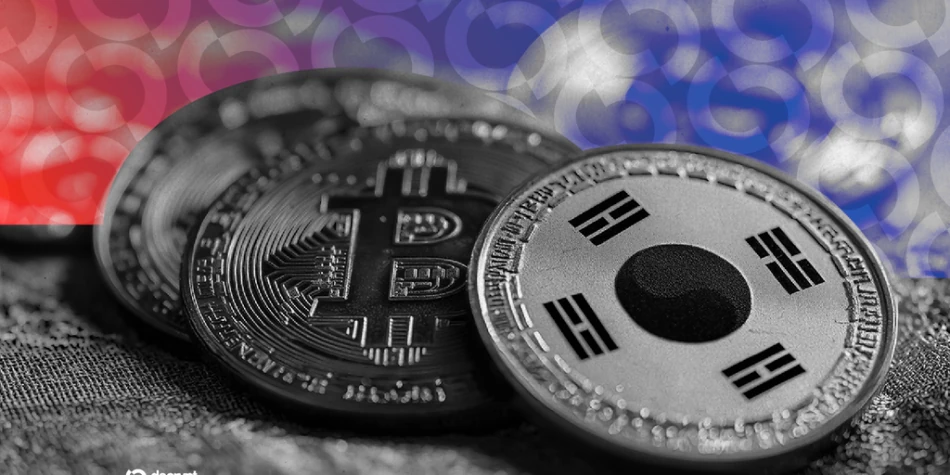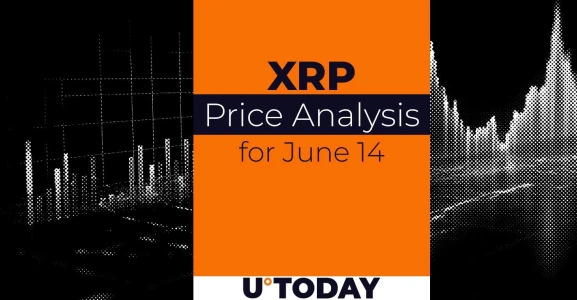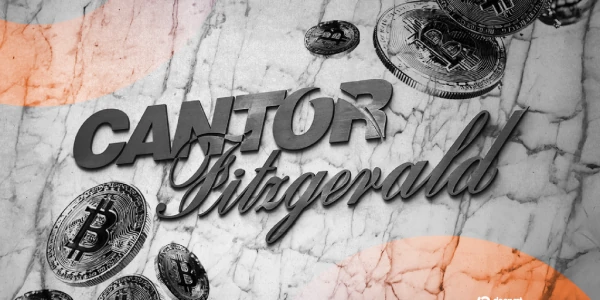
Bank of Korea Governor Convenes with Industry Leaders to Address Stablecoin Regulations
The upcoming meeting signals a shift in South Korea's approach to won-backed stablecoins as the new president eyes a regulatory overhaul.[...]
Crypto-Savvy Korea Embraces Stablecoins, Defying Central Bank Concerns
Newly Elected President Pushes for Regulated Stablecoin Market, Challenging Bank of Korea's Cautious Stance
South Korea's crypto landscape is undergoing a seismic shift as newly elected President Lee Jae-myung aggressively advocates for stablecoin legalization and regulation. This bold stance directly challenges the Bank of Korea's more conservative approach, revealing the political and economic tensions shaping the nation's digital asset policies.
The upcoming meeting between the Bank of Korea governor and major commercial bank leaders promises to be a pivotal moment in this debate. Central to discussions is the proposed "Basic Digital Asset Act" from Democratic Party lawmaker Min Byung-deok, which seeks to establish regulatory frameworks for won-pegged stablecoins while easing capital requirements for issuers.
Stemming Capital Flight and Asserting Monetary Sovereignty
President Lee's crypto-friendly agenda stems from alarming data showing $40.6 billion in digital assets flowed out of South Korean exchanges in Q1 2025 - with stablecoins like USDT and USDC comprising nearly half that amount. This massive capital flight has raised legitimate concerns about weakening monetary sovereignty, prompting the push for regulated domestic stablecoin alternatives.
Central Bank Grapples with Stablecoin Risks
The Bank of Korea maintains reservations, particularly regarding non-bank stablecoin issuers. Deputy Governor Lee Jong-ryeol has publicly warned about potential disruptions to monetary policy and financial stability during economic crises. As a middle ground, the central bank is developing its own blockchain-based deposit tokens as a more controlled alternative to private stablecoins.
A Crypto-Friendly Future for South Korea?
This policy clash between presidential ambition and central bank caution highlights the complex dynamics influencing South Korea's digital asset future. Market participants worldwide are closely monitoring these developments, as the outcomes could significantly impact both domestic crypto markets and the broader global ecosystem.
Most Viewed News








